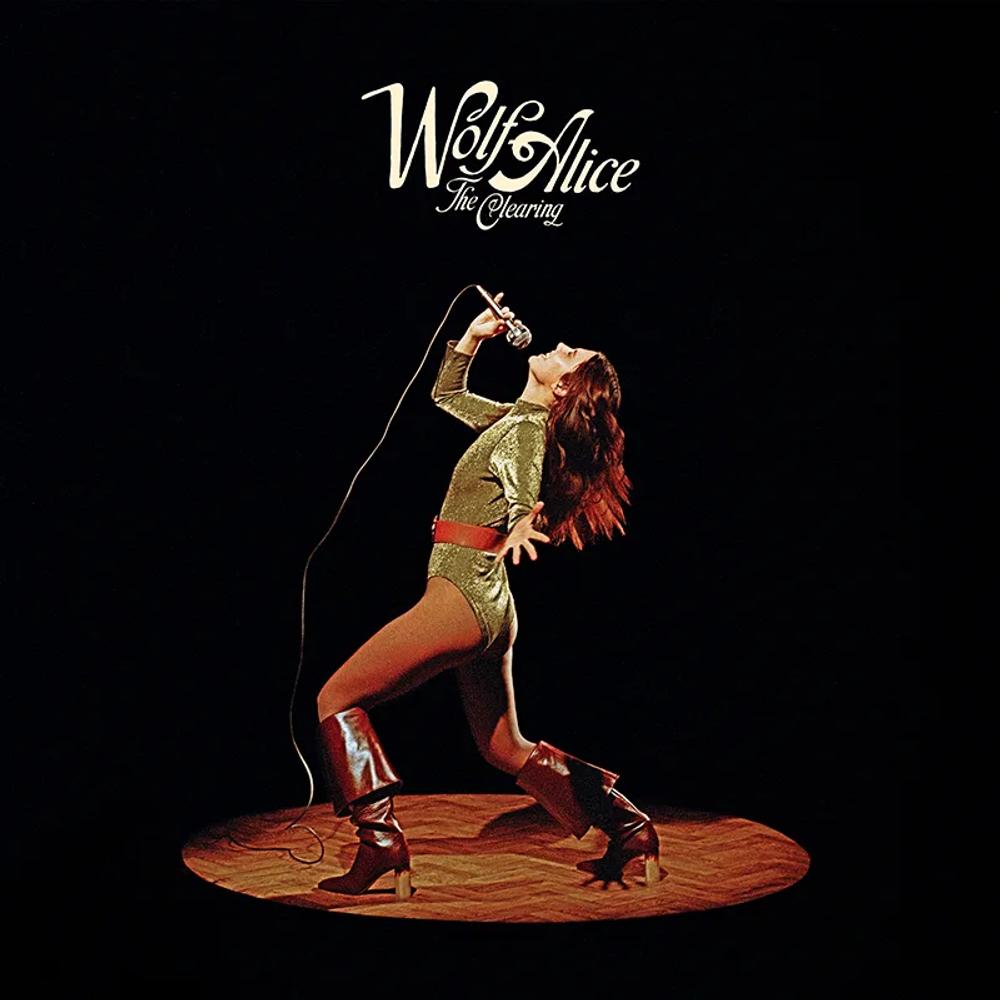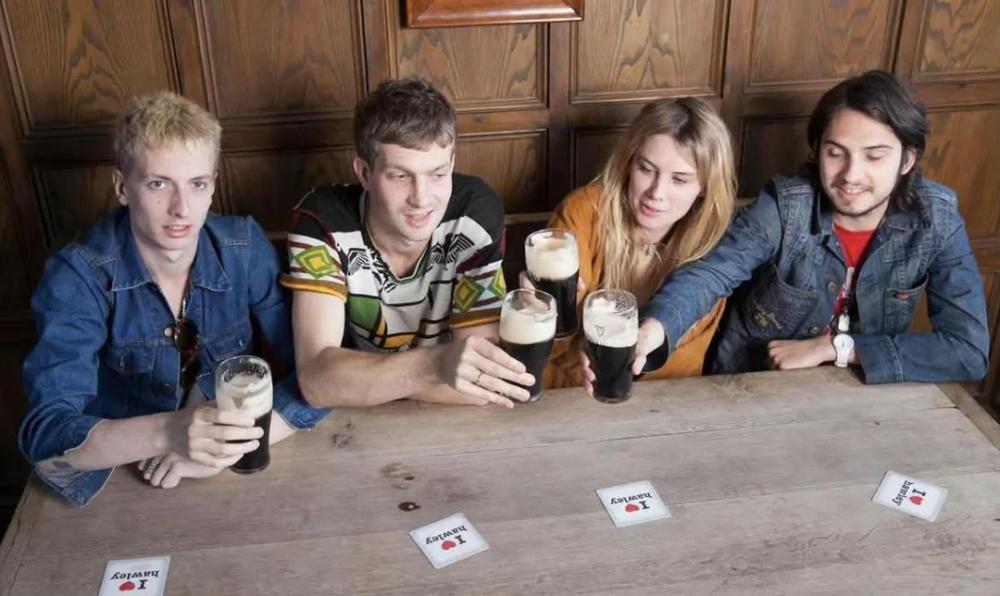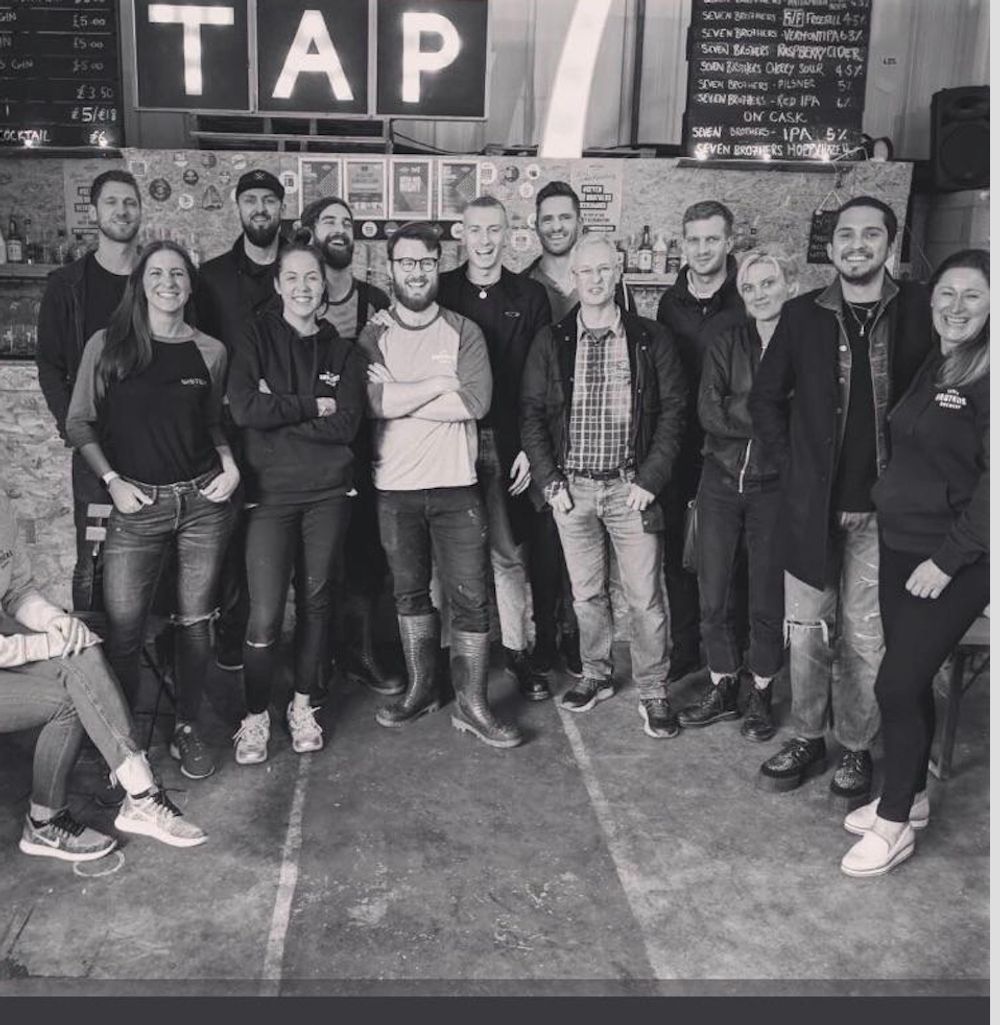After a long career in corporate life I exited that hamster’s wheel in 2014 a year after I was one of the executive team of three who floated Conviviality on to the AIM. Despite the success of the float I can share now that it’s not 20/20 hindsight to say that I had a deep suspicion it was not going to end well for that company looking at the executives bought in. Knowing when to ‘declare victory and leave’ is an important part of any senior exec’s skillset!
I was in my late fifties and made a strategic decision to not seek work in PLCs. I’d been there and done that and I’d had enough. So, SMEs were the target for my business consultancy.
I’ve always been a massive consumer of music and although I can’t sing, play or even dance in tune I started out a new thread of exploration in that industry alongside my logical targets of the food and drink and hospitality industries.
As it has panned out much of my food and drink work has been in the craft brewing sector and my tinkering around the edges in the music industry led to a case of late-onset fandom. And it’s that fandom that led me cogitate on the parallels between the craft beer sector and the journey my favourite band are now embarking on.
Hungry for the wolf

Wolf Alice are set to embark on a major US and UK arena tour on the back of signing for Sony Music and Columbia Records
So, the band. They are called Wolf Alice and they started out as a two-person folk outfit in 2010. In 2012 they decided to widen the reach of their music by recruiting two additional members and beefing up their sound to a more ‘rock’ one.
It was three years after this in 2015 when I first heard them and their niche indie rock, although unfashionable, is exactly where my taste lies. In 2015 they were with a small independent record label called Dirty Hit and by sheer hard work alongside their talent - they performed 171 times in 2015 - they built up a fan-base and honed their live act.
Under the radar for most people they built and built their fan-base. In 2018 they won the prestigious Mercury Prize and in a pure ‘Indie’ act went to their favourite pub, The Hawley Arms in Camden Town, London, and put the trophy behind the bar where it remains to this day.

Wolf Alice in thei local pub - the Hawley Arms in Camden - where they have played many mini gigs for their fans
Their third album Blue Weekend hit the UK number one spot in 2021 and in 2022 they won the Brit Award for best British band ahead of Coldplay. However they seemed destined to remain, possibly, a cult band until in 2022 it was announced that they had signed to the Columbia label, an imprint of the massive Sony Corporation - a ‘Major’ label in every respect.
In a recent presentation to a Parliamentary Select Committee looking at the desperate state of the UK’s small venues the band’s lead guitarist Joff Oddie shared that in 2013 he spent his student loan on funding a small UK tour for Wolf Alice. He also indicated that it was only in recent years that he was actually making any money - remember he started the band with singer/guitarist Ellie Rowsell in 2010!
Band of brothers

Keith Webb living the dream - centre right with hands in his pockets - with Wolf Alice and the Seven Bro7hers brewery team
In 2017 I started a three-year stint advising Salford Craft Brewery Seven Bro7hers. During a session discussing a potential Crowdfund I suggested trying to beef up the pitch by adding a collaboration with Wolf Alice to the plans already in the deck. This was very much down to me and possibly a very long shot as I was at that point already over 60 and, unlike Wolf Alice, I’ve never exactly been hip and trendy.
Nevertheless the strategies and tactics learnt in my corporate career came in to play and, fast forwarding here, the collaboration happened. Alongside other deals with Manchester Airport and Kellogg’s (recycling surplus cereals into beers) this helped push the Crowdfund way over the target.
Personally I’m happy that Wolf Alice has grasped their shot for a spot at the top. They have a hugely respected manager in Steve ‘Tav’ Taverner who I’m sure will plot a course forward for the band. The support now available has allowed him to make a big leap and book a tour of the UK’s arenas later this year, including two nights at the O2 in London.
The 20,000 there will be a big contrast to some of the venues I’ve seen them play in, a couple of hundred in a low-ceiling room with sweat running down the walls. Over 15 years they have paid their dues.
The number of breweries, like the number of small venues where music artists can learn their trade, is falling. Down a hundred in 2024. In 2015 the Independent Camden Town Brewery became a high-profile operation when it was purchased by the Major AB InBev.
It’s now fully subsumed into the parent company but its beers are now available far and wide.
BrewDog, the highest profile former craft brewer, now owned by a San Franciscan private equity business, has lost over £90 million over the last two financial years and the long-proposed IPO has, unsurprisingly, been pulled.
Dangers of indies going to majors
I could go on, but the general impression is that moving from being an ‘Indie’ craft brewer to part of a major takes away its core DNA. The management is replaced, the brewers are replaced and the products just become another thread of a corporate behemoth. That’s the craft brewing trade off.
What will happen to Wolf Alice now they’re under the wing of a major label? Time will tell of course. The move from mid-size venues in the UK to arenas shows the size of the ambition, even though some fans probably wish the band would stay in those humid basements. The budget for the first video of a song off the new album (out on August 22) was probably more than the rest of their videos combined.
Bigger venues than before have been booked in the US and the expectation is that the Sony marketing taps will be further turned on to help fill them. The band members clearly want to see how far they can get and, like many craft brewers, decided that the only way to break out of their niche was to accept the approach from a major player.
I know the band members, some of their family members as well their manager and I am certain they will stay true to their art and keep on being ‘them’. Early warm up gigs for the forthcoming US, Europe and UK tours have, as usual, seen them all out mingling with the fans after gigs. It’s that sort of thing that has helped them build that huge and dedicated fan-base for their, to me, magic rock.
Many new owners of craft brewers tried to maintain the impression of their new toy being ‘Independent’ and to an extent that’s what Sony has to do with Wolf Alice - massively increase the visibility of the band whilst keeping what makes them great to the current fan-base. Can you be niche and small and survive or is it just a fact of life, brewing and music that you have to find a way to scale to actually prosper?
Time will tell. Personally I hope that the craft brewing examples such as Brewdog, Camden Town, Beavertown and the others are NOT replicated and that Wolf Alice is supported whilst being allowed to retain its DNA – what makes it great.






























